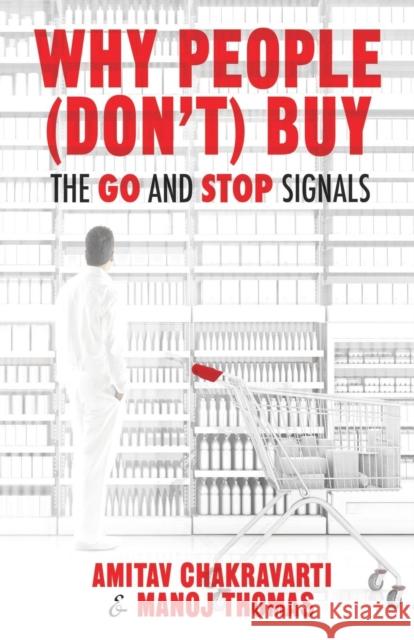Why People (Don't) Buy: The Go and Stop Signals » książka
topmenu
Why People (Don't) Buy: The Go and Stop Signals
ISBN-13: 9781349499878 / Angielski / Miękka / 2016 / 223 str.
Why People (Don't) Buy: The Go and Stop Signals
ISBN-13: 9781349499878 / Angielski / Miękka / 2016 / 223 str.
cena 152,93
(netto: 145,65 VAT: 5%)
Najniższa cena z 30 dni: 146,48
(netto: 145,65 VAT: 5%)
Najniższa cena z 30 dni: 146,48
Termin realizacji zamówienia:
ok. 22 dni roboczych.
ok. 22 dni roboczych.
Darmowa dostawa!
Kategorie:
Kategorie BISAC:
Wydawca:
Palgrave MacMillan
Język:
Angielski
ISBN-13:
9781349499878
Rok wydania:
2016
Dostępne języki:
Ilość stron:
223
Waga:
0.28 kg
Wymiary:
21.08 x 13.72 x 1.78
Oprawa:
Miękka











